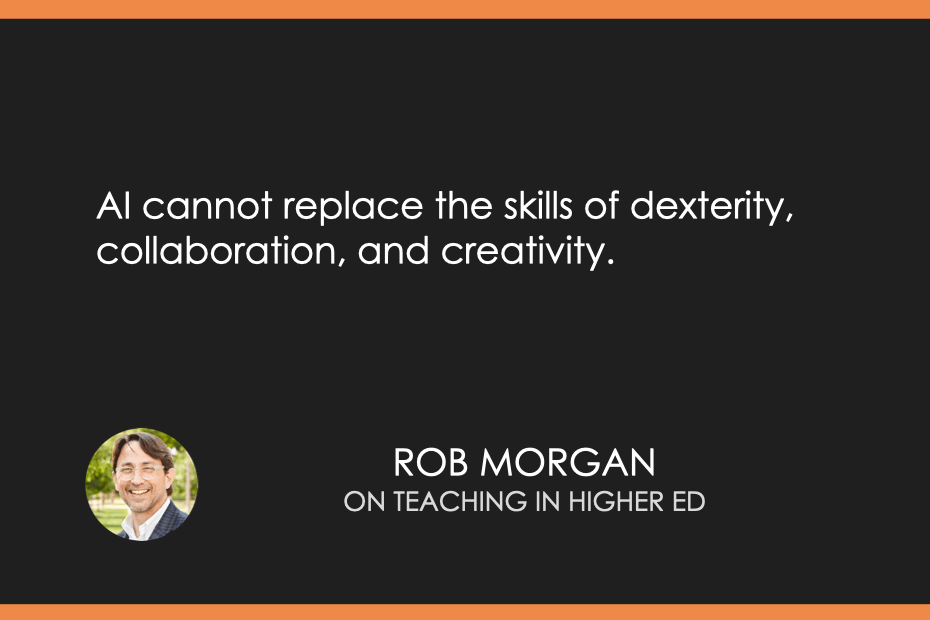
 Teaching in Higher Ed
Teaching in Higher Ed How Creativity May Just Save Us All
Oct 31, 2024
Rob Morgan, a multidisciplinary artist and professor, discusses the transformative power of creativity in education. He highlights the significance of collaboration, empathy, and play, arguing that AI cannot duplicate these human skills. The conversation covers innovative initiatives like the Beyond Boundaries program, which fosters creativity among students. Morgan emphasizes embracing mistakes as a learning tool and the importance of civic engagement through public art. His insights offer a refreshing perspective on unlocking potential in both educators and learners.
Chapters
Transcript
Episode notes

